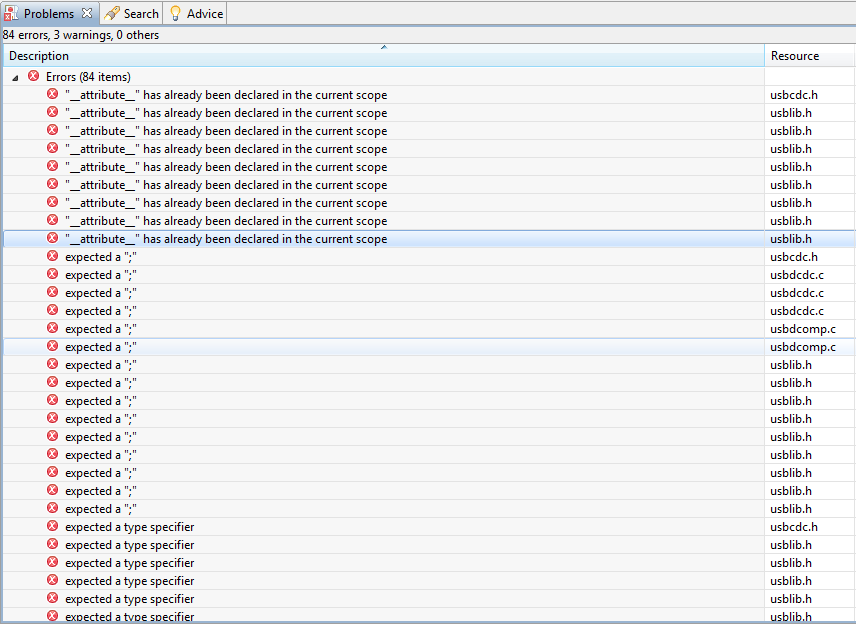Tool/software: TI C/C++ Compiler
i have a usb code which works fine in arm, now i want to integrate it in bootloader , unfortunately when i copied the library and some other header files related to usb to bootloader project it is showing lots of error. any help would be appriciated
Regards
Antony


